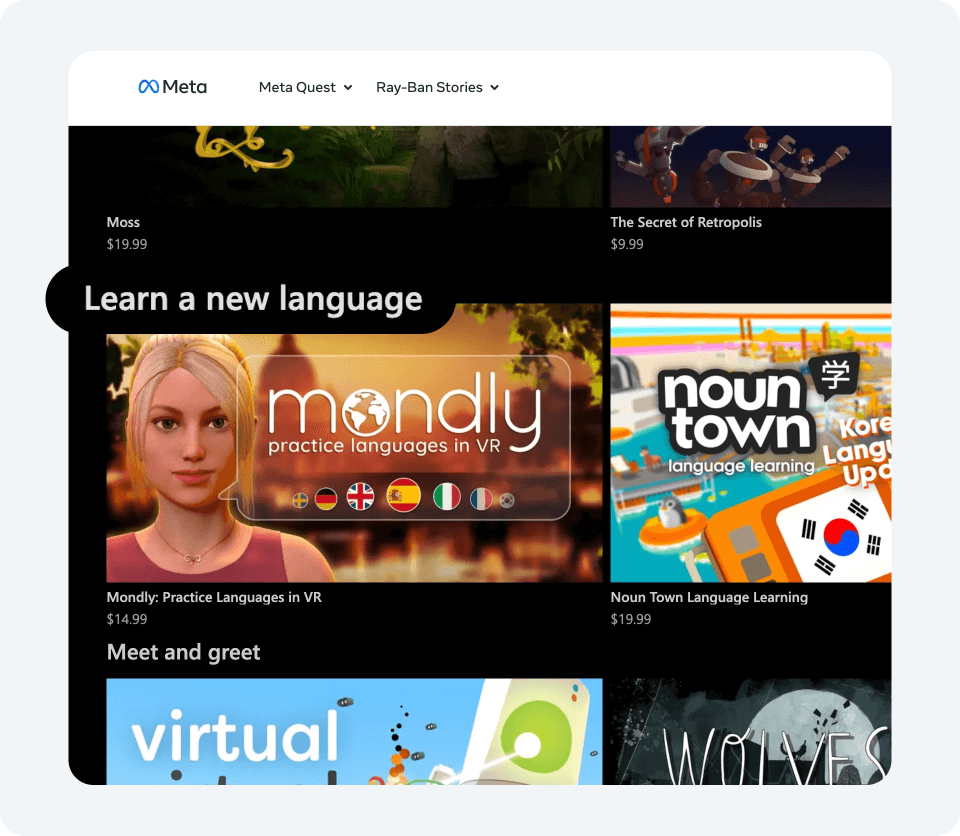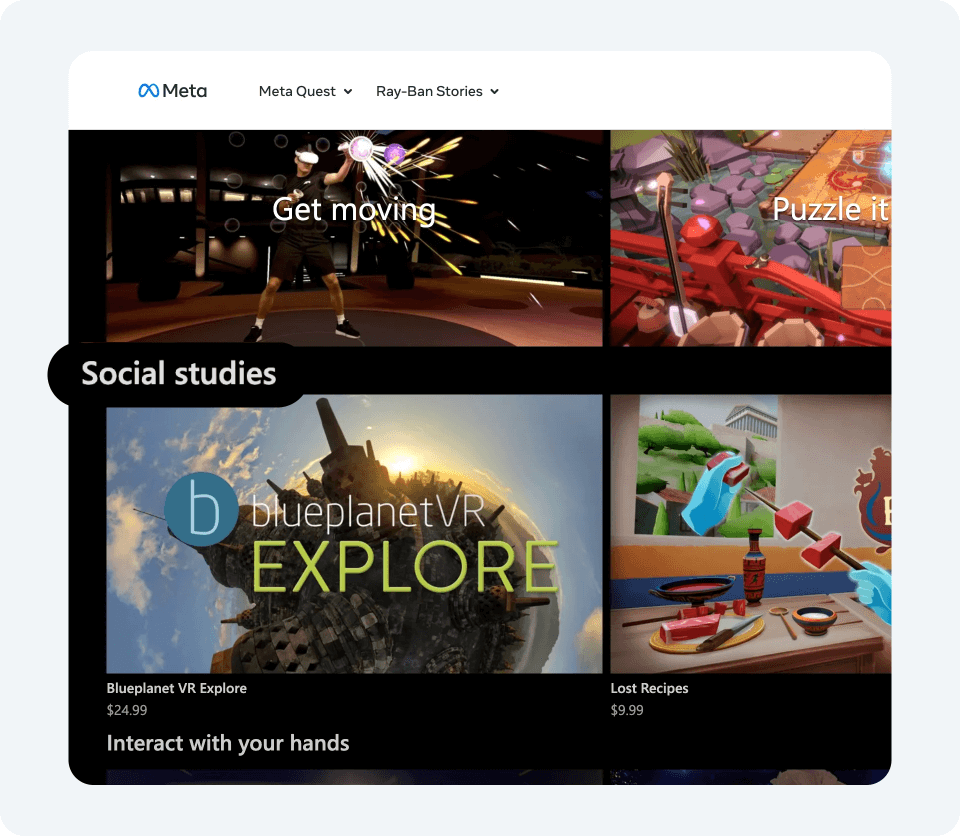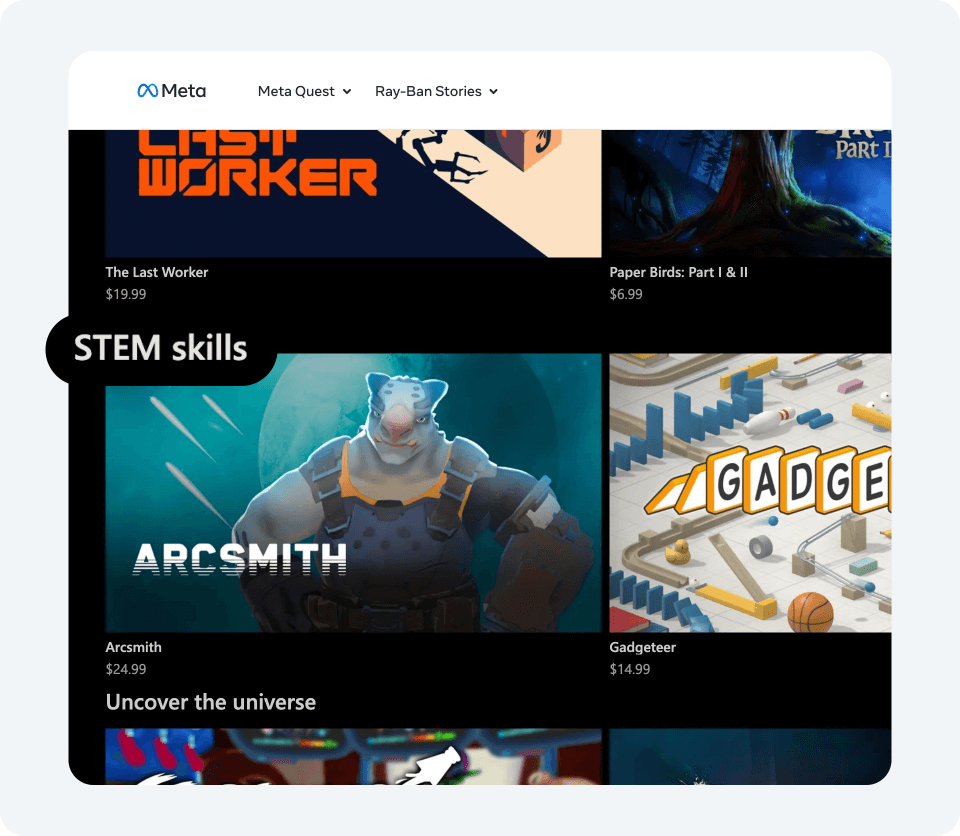The continuous evolution of technology has consistently reshaped the educational landscape, and now, the introduction of metaverse technologies like VR and AR is set to redefine learning experiences further. As the metaverse becomes more integrated into our daily lives, educators find themselves equipped with innovative tools that promise to motivate and inspire students in immersive learning environments.
Several universities in the US have ventured deep into the realm of immersive learning, leveraging VR and AR to make lessons come alive in ways previously unimagined. Stanford University students, for instance, are using the BodySwaps app to practice crucial soft skills. At Arizona State University, a language immersion experience has been developed that allows students to engage in conversations in foreign languages across various virtual settings. New Mexico State University has tapped into VR for diverse subjects, allowing criminal justice students to step into and analyze virtual crime scenes. Other institutions, such as the University of Iowa, Purdue Global, University of Alabama at Birmingham, Nova Southern University, Miami Dade College, and Morehouse College, are making strides by integrating VR into various disciplines ranging from business and nursing to medicine, music, architecture, and journalism.

In an effort to enhance the user experience for those seeking academic tools, the Meta Quest Store is spotlighting educational apps. By creating dedicated sections for educational content, the store aims to streamline the search process for parents and educators alike.

Europe is also making significant strides in adopting metaverse technologies. Italy, in particular, has placed a strong emphasis on integrating immersive experiences into its education system, a commitment reflected in its national education investments. Breaking new ground, the University of Camerino in Italy is set to launch its first course conducted entirely within the metaverse.
Moreover, several European companies are at the forefront of integrating the metaverse into education. GoStudent’s GoVR in Germany and Austria offers a revolutionary approach to language learning by plunging students into simulated environments that mimic real-life settings. Meanwhile, Itaca Education in Italy is partnering with educators to develop unique virtual learning experiences, particularly for disciplines like natural sciences and physics. On the other hand, the UK-based app, Noun Town, has gamified the language learning process, providing courses in a multitude of languages.

The promise of metaverse technologies in reshaping education is immense. While the tools are potent, their efficacy hinges on their accessibility and proper utilization by educators. By arming teachers with these cutting-edge tools, we can unlock unprecedented opportunities to invigorate and inspire students. The dawn of a new educational era beckons, and the metaverse seems poised to lead the charge.




















































